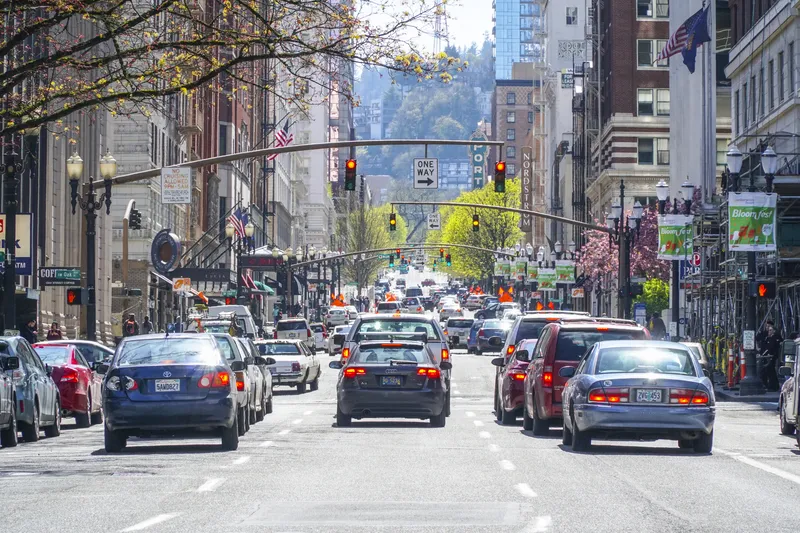As the Government announces plans for increased penalties for those using handheld mobile phones while driving, the UK and Europe’s largest used vehicle marketplace, BCA, reveals the growing frustration of UK motorists towards careless driving habits.
Nearly 90 per cent of motorists who responded to a BCA survey of 445 road users said the use of a handheld mobile device while driving was ‘very distracting’, with 95 per cent claiming to have personally witnessed another motorist doing so. And over half (52 per cent) of those surveyed believed that penalties for using a handheld mobile device should be more severe.
However, the BCA data also revealed that there appears to be a case of ‘do as I say, not as I do’, with 42 per cent of motorists admitting to having spoken on a handheld mobile device themselves while driving. Over a quarter (27 per cent) admitted to texting while behind the wheel; 13 per cent have taken a photo and six per cent admitted to accessing social media whilst driving.
“The interesting thing about this study is that, whilst almost everybody was happy to vent their indignation at other drivers’ carelessness, a large number also owned-up to the very things that concerned them”, explained Tim Naylor, Editor of the BCA Used Car Market Report.
“But it is clear from our research that there is a groundswell of support for stronger penalties for using a hand-held mobile while driving – whether talking, texting or accessing social media.”
More than half of drivers want stricter penalties for mobile phone use
As the Government announces plans for increased penalties for those using handheld mobile phones while driving, the UK and Europe’s largest used vehicle marketplace, BCA, reveals the growing frustration of UK motorists towards careless driving habits. Nearly 90 per cent of motorists who responded to a BCA survey of 445 road users said the use of a handheld mobile device while driving was ‘very distracting’, with 95 per cent claiming to have personally witnessed another motorist doing so. And over half (52 p
December 23, 2015
Read time: 2 mins









